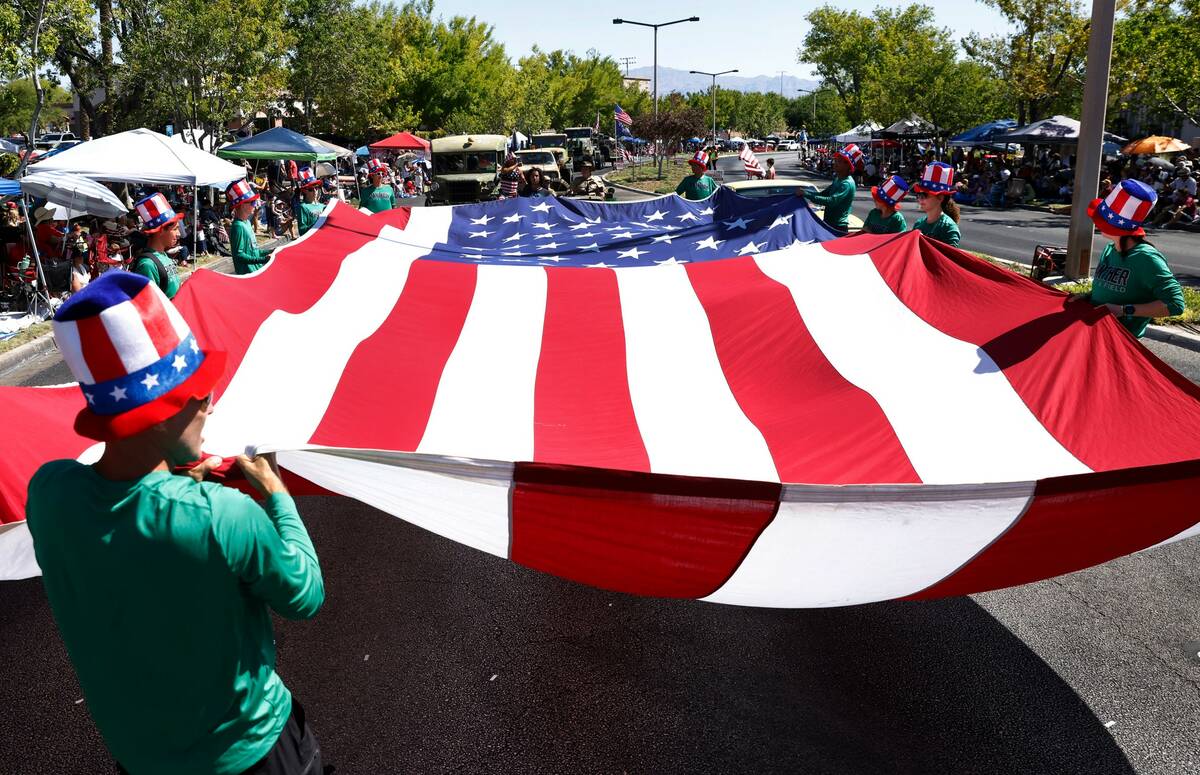EDITORIAL: First Amendment protects flag burning
There’s less to one of President Donald Trump’s most recent actions than meets the eye.
On Monday, Mr. Trump issued an executive order on “prosecuting burning of the American flag.” It called the American flag our “most sacred and cherished symbol” of the country and of “American freedom, identity, and strength.”
Further, the order states, “Many thousands of American patriots have fought, bled, and died to keep the Stars and Stripes waving proudly. The American Flag is a special symbol in our national life that should unite and represent all Americans of every background and walk of life.”
“If you burn a flag, you get one year in jail, no early exits, no nothing,” Mr. Trump said while signing the executive order.
While many Americans likely agree with that sentiment, it’s unconstitutional. In 1984, Gregory Lee Johnson burned an American flag outside the Republican National Convention in Dallas. As it burned, protesters chanted, “America, the red, white and blue, we spit on you.”
Local officials arrested Mr. Johnson and charged him with desecration of a venerated object, a crime at the time. He was convicted and sentenced to one year in jail and a fine of $2,000. He then claimed that his actions were protected by the First Amendment. It states that “Congress shall make no law … abridging the freedom of speech.”
In the 1989 U.S. Supreme Court case Texas v. Johnson, a 5-4 majority overturned his conviction for flag desecration.
“Under the circumstances, Johnson’s burning of the flag constituted expressive conduct, permitting him to invoke the First Amendment,” the court ruled.
Writing for the majority, Justice William Brennan noted this, “We do not consecrate the flag by punishing its desecration, for in doing so we dilute the freedom that this cherished emblem represents.”
And there’s the paradox. You shouldn’t diminish what the American flag stands for by prosecuting people for burning it.
America needs an unwavering commitment to free speech even for actions many consider deeply offensive.
Now, that doesn’t mean there are no circumstances in which someone could be prosecuted for activities involving the burning of an American flag. If someone stole an American flag from outside a government building and then burned it, they should be prosecuted — for theft and destroying government property.
Despite his rhetorical bravado, Mr. Trump’s executive order explicitly recognizes this distinction. It references the “Supreme Court’s rulings on First Amendment protections.”
As such, “my Administration will act to restore respect and sanctity to the American Flag and prosecute those who incite violence or otherwise violate our laws while desecrating this symbol of our country, to the fullest extent permissible under any available authority,” the order states.
He directs the attorney general to “prioritize the enforcement” of crimes involving “American flag desecration, consistent with the First Amendment.” He also directed his administration to remove “foreign nationals (who) have engaged in American Flag-desecration activity under circumstances that permit the exercise of such remedies pursuant to Federal law.”
The caveats in this order are significant, and given Supreme Court precedent, rightly so. Mr. Trump’s order does suggest that the attorney general bring new litigation on the issue. A more conservative court may overturn the past decision.
It seems Mr. Trump is hoping to leverage the tendency of his political opponents to reflexively oppose him. In this case, that may lead voters to believe leftists support burning the American flag, not just someone’s constitutional right to do so.
You can already see how this is playing out. After Mr. Trump’s order, Jan Carey, 54, rushed to burn an American flag outside of the White House. He has since been charged with two misdemeanors — both related to inappropriate burning, not specifically burning a flag.
The First Amendment protects burning the American flag. Democrats should note, however, that it also protects one’s ability to burn up your political credibility.

















